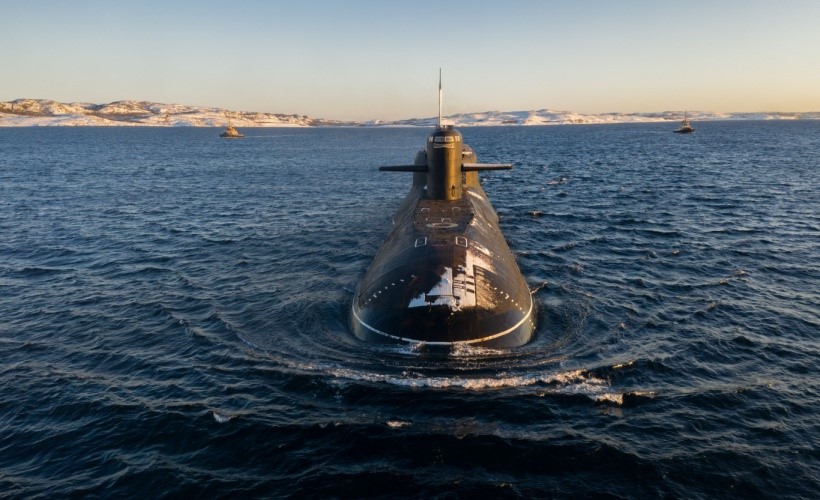A long year has passed since the all-out Russian invasion of Ukraine, and a year from now, a decade will have passed since the beginning of hostilities in Donbas. In January 2022, the prevailing opinion among Western analysts was that there would be no war. When the war began, many in the West predicted that Ukraine would fall in a few days. Fierce Ukrainian resistance and mediocre Russian performance, however, led Western states to reassess Ukraine’s chances and to gradually ramp up their military support, which in the case of some Western powers progressed from helmets to main battle tanks.
Yet, the fear of cornering Russia in Ukraine has continued to be at the back of Western policymakers’ minds. It is unclear how Russia, being a nuclear superpower, would react to the prospect of being pushed out of Donbas or Crimea. On top of that, large casualties in the war have not inspired regime change in Moscow, and Western sanctions have failed to cripple the Russian economy. It is not without regard to these concerns that Western commitment to Ukraine’s victory so far has been anything but ‘all-in’.
Critics of such a careful approach charge that Russian defeat might be beneficial for the West, and even for Russia itself. In the last century, Russia went through periods of regime change and territorial reconstitution, which presented Russia, its neighbours, and the West with tremendous challenges as well as possibilities, and provided an opportunity for ‘de-imperialisation’ of the region. Should the West fear a Russian defeat in Ukraine, which would lead to the liberation of most, if not all, of its territories, and how could such a defeat transform Russia?
Panelists:
Dr Dmytro Zolotukhin, Kyiv-Mohyla Academy
Dr Toms Rostoks, National Defense Academy of Latvia, University of Latvia
Dr Sergey Utkin, University of Southern Denmark
Chair: Dr Donatas Kupčiūnas, Centre for Geopolitics, University of Cambridge







